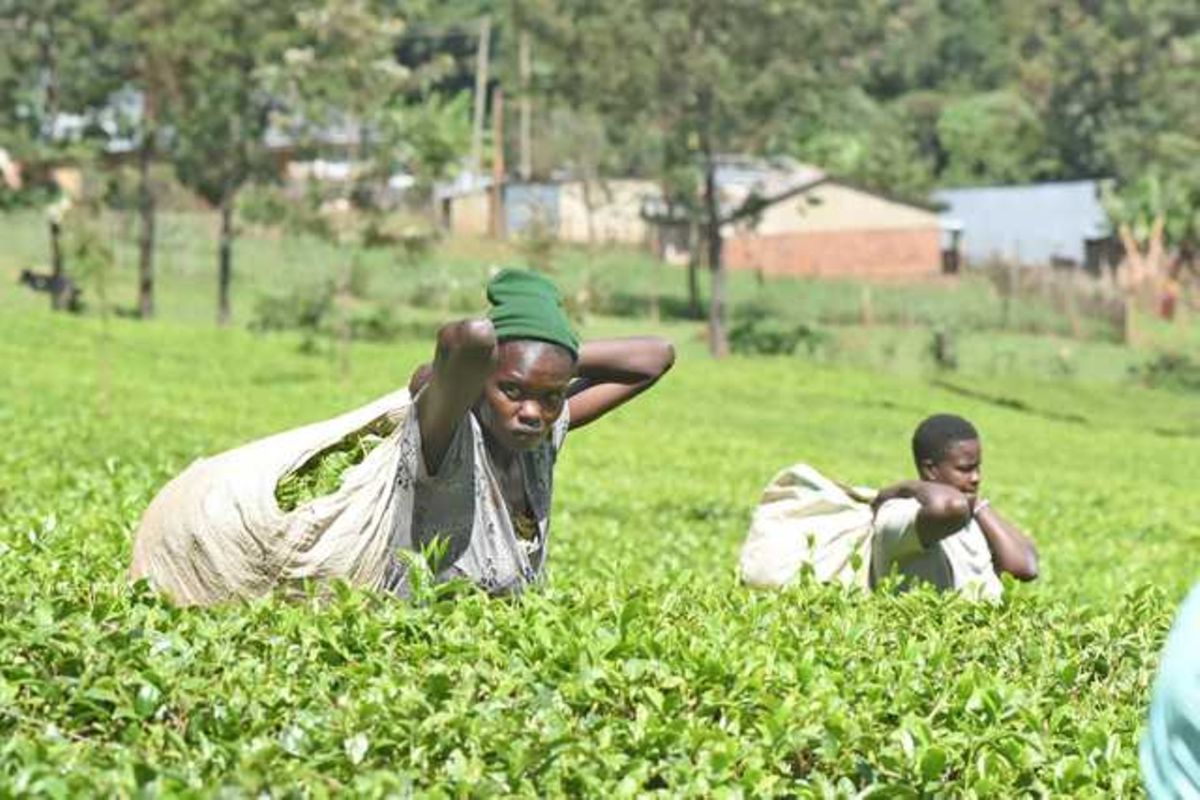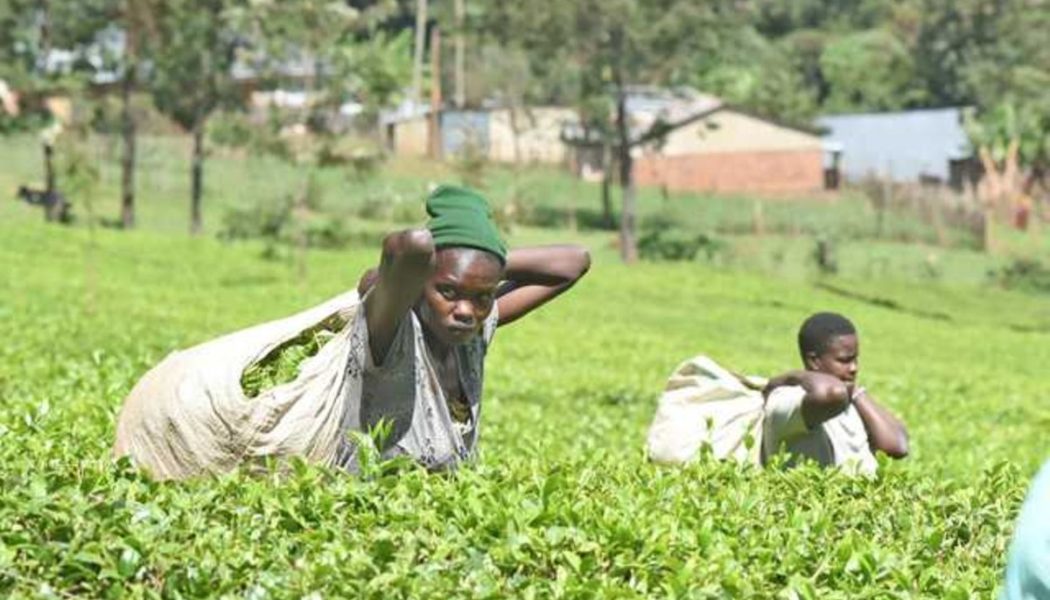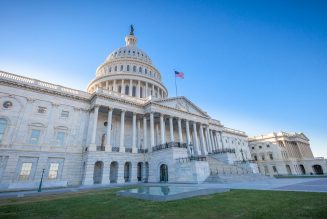
The government has suspended the fixed minimum price of tea at the weekly auction in Mombasa, hoping to unlock new purchases that would help reduce unsold stocks shunned by buyers since last year.
The State set a minimum price of $2.43 (Sh313.31) per kilogramme of tea in 2022 to safeguard farmers’ earnings. A standoff over State-fixed minimum prices at the Mombasa tea auction has left warehouses overflowing with stocks of unsold consignments, with industry estimates showing that about 60 percent of stocks sent to the weekly auction over the past year remain unsold and stashed in overstretch warehouses.
Andrew Karanja, Cabinet Secretary for Agriculture and Livestock Development said that a committee would be formed to address the reserve price and quality of tea sold in the auction.
“The minimum reserve price for all teas above six months old shall be suspended with immediate effect. The ministry will also appoint a multi-stakeholder committee to review the pricing mechanism of teas. As of August 16, 2023, the oldest stock of tea held by Chai Trading Co. belonging to KTDA (Kenya Tea Development Agency) managed tea factories was produced in December 2023 which is within the shelf-life of tea of three years,” he said.
The massive pileup in volumes of unsold tea consignments since last year means that many firms including the giant KTDA are struggling to pay farmers with sources indicating that some of them resorted to tapping credit to offset dues to growers.
The Kenya Tea Growers Association (KTGA), which represents the large-scale plantations, months ago warned that small-scale farmers and producers would go out of business due to the mess, risking damage to the economy of tea-growing areas of western Kenya.
“Much of this tea is made from smallholder farmers’ leaves. They need to be paid. They can only be paid if Kenya tea is selling above the cost of production. About 40 percent of smallholder West of Rift tea is unsold and many sales for other producers are below the cost of production” the lobby warned and urged the government to shelve minimum prices at least for produce from the west and Rift Valley growing areas to help improve the purchase of the massive stocks held up in warehouses.
“We recommend the removal of at least the West of the Rift smallholder minimum pricing. Regulate the shipment of all reprinted/unsold tea to Dubai to stop Pakistan blenders cashing in and exploiting the current situation of unsold stock” KTGA added in a proposal.
“Anything on or above a value of $2 sold can be shipped but properly reviewed and policed every month. Re-orientate marketing so that the millions of unsold small holder kg in stock are taken off the existing market circuit. Discount and sell to African destinations through Kenya or burn, or throw on tea fields. Once the backlog is cleared return to an orderly marketing structure” KTGA added.
The Mombasa auction runs on a two-day format where secondary-grade quality tea is sold on Mondays and premium-grade ones on Tuesdays.
Any tea that is not sold on a scheduled auction day is reprinted on a fresh auction catalogue and returned to the auction two weeks later. A seller can only bring back unsold crops to the auction twice.









